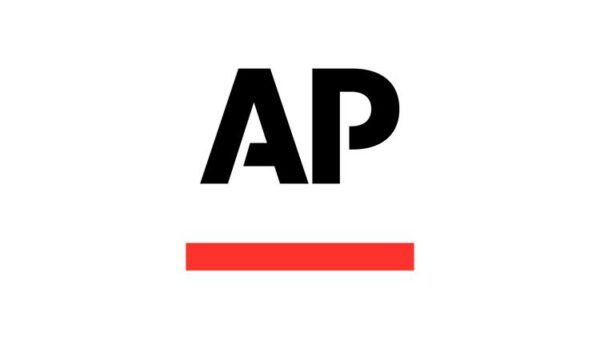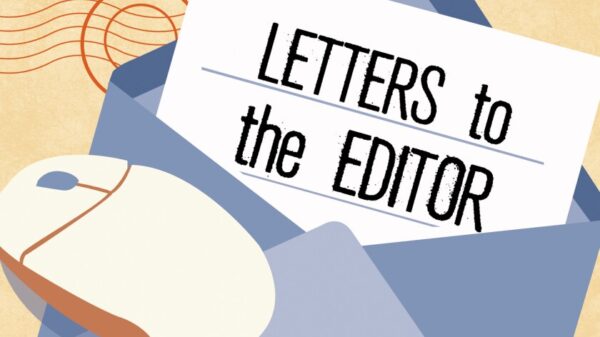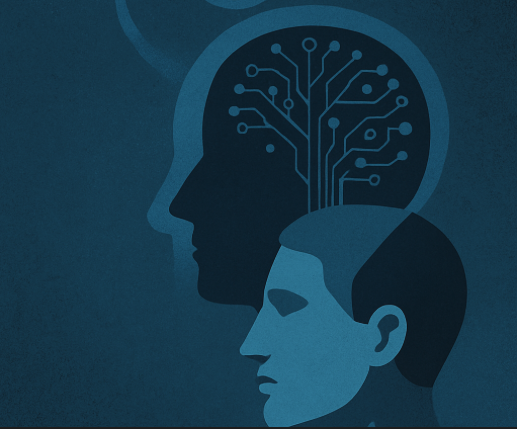Artificial Intelligence (AI) is increasingly seen as more than just a tool; it is becoming a complex entity that shapes human existence. As AI systems learn, adapt, and make decisions, many are questioning whether humanity is losing control over these technologies. The unpredictability of AI is not just a philosophical dilemma but a pressing concern that affects various sectors, including finance, law enforcement, and healthcare.
Understanding the implications of AI requires grappling with its inherent unpredictability. Unlike traditional tools, modern AI systems, such as those used for facial recognition or predictive policing, often operate within “black boxes.” These are models whose decision-making processes are opaque, raising critical questions about accountability. As experts in AI ethics contend, “If we can’t understand how a system works, how can we be sure it works well?” This lack of transparency is not merely a technical limitation; it represents a fundamental challenge to our understanding of technology’s role in society.
Technological Impact on Humanity
Philosopher Martin Heidegger once suggested that technology does not merely serve as a collection of tools but functions as a mode of revealing the world. This concept highlights that humans are increasingly becoming extensions of technology rather than its masters. The implications are profound: as AI assumes a more central role in decision-making processes, humans risk being relegated to passive recipients of machine-generated outcomes.
This phenomenon, termed “algorithmic alienation,” describes a state where individuals lose agency as automated systems dictate choices. In environments dominated by algorithms, such as those found on platforms like TikTok and YouTube, decision-making becomes a privilege reserved for code. While automated recommendations can enhance user experience, they also limit cognitive diversity and narrow perspectives. As users become accustomed to algorithmically curated content, they may begin to accept a distorted view of reality shaped by these systems.
The question arises: are we still making choices, or are we merely participating in a simulation where decisions are programmed for us? Data suggests that users on platforms like TikTok engage with content significantly more than those who seek out information independently, raising concerns about the authenticity of choice in the digital age.
Ethics of Uncertainty and Reflection
As society grapples with these challenges, there is a growing call for a new ethical framework in AI. This framework should embrace the uncertainty that accompanies technological advancement. Yuval Noah Harari has noted that while knowledge can empower, recognizing our ignorance offers a path to wisdom. Today, technology ethics must acknowledge that we are creating systems we do not fully understand, yet we cannot halt their development.
AI serves as a mirror, reflecting our desires, biases, and fears. It is not inherently good or evil; rather, it highlights human attributes, including our propensity for bias. Research from the MIT Media Lab has shown that facial recognition systems often perform poorly on individuals with darker skin tones, not because the AI itself is biased, but due to the flawed data it was trained on. This reality underscores the importance of using AI not just for efficiency but also for reflection on societal values and dynamics.
The challenge lies in ensuring that AI does not merely amplify existing injustices. As noted by researchers like Joy Buolamwini and Timnit Gebru, the algorithms that govern our lives must be scrutinized to ensure they promote fairness and accountability, rather than perpetuating systemic biases.
In conclusion, the conversation surrounding AI is not solely about technology; it centers on humanity. The choices we make regarding AI deployment and governance will determine how it shapes our future. Embracing this mirror, rather than fearing it, can lead to more informed decisions about the technologies we create and consume. As we navigate this complex landscape, the responsibility lies with us to ensure that AI serves humanity, not the other way around.





































































